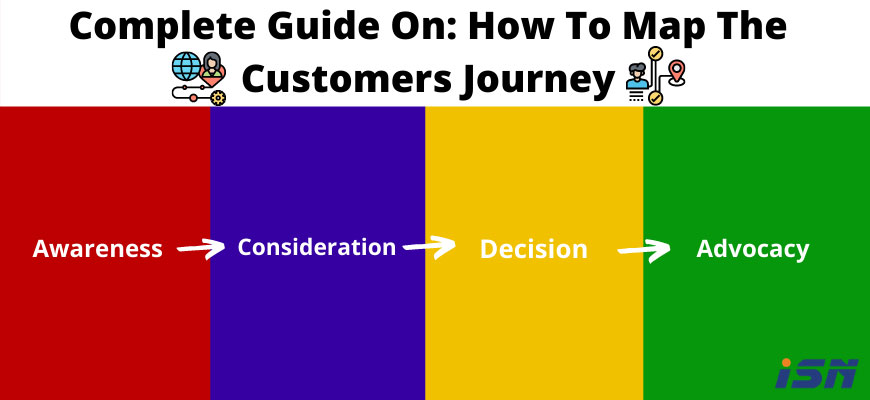
By David Rekar | March 2022
Introduction
You must have heard about cookies but you might have often wondered what it is and how it affects us. You might also have noticed that each time you visit any website, there is a pop-up that asks you to accept the cookies and improve the user experience. Now the question is, how do cookies help in improving user experience? But before you figure out what cookies are, you should know that there are different types of cookies and they are mainly used to collect user data but they have different functions. Cookies are extremely important for website owners to get information as data has become bread and butter for them nowadays.
First-party Cookies
To understand the function of first-party cookies let's take an example. We all use shopping apps to purchase products. Whenever we log in to a website and enter our login credentials like your email id, phone number, etc. we choose products and add them to the cart. First-party cookies automatically capture and store our information. So whenever we exit the page and then later re-visit, our chosen products get restored in our cart.
Data gathered by first-party cookies never disappears from the website as it stores in your computer under the domain - website’s name. First-party cookies store information such as language preferences, shopping lists, usernames as well as passwords. It helps owners to collect analytics data and perform other useful functions to provide a better user experience.
Contrary to third-party cookies, first-party cookies are set by default from the publisher’s server, so information is stored by default. First-party cookies help to track users’ behavior and it helps the publisher to improve the site experience. The first-party cookies are generally supported by all browsers; however, you can restrict or block first-party cookies in browser settings.
How do first-party cookies play an important role in the world of cookies?
Adding cookies to your website is the best investment for advertising and understanding the audience. With data from first-party cookies, you can determine customer intent and position in the buying process. You can customize your customers' experiences by identifying what products and content they are interested in.
It is important to know which channels contribute to results and which require improvements because customers shop across multiple channels and multiple devices frequently. Even with changing omnichannel strategies, websites can still collect the varied and abundant insights they need about customer performance. This is because first-party data is collected from multiple sources.
Conclusion
First-party cookies enhance the user experience. First-party cookies help in identifying the user and then automatically restoring the required information for the user and hence, improve the user experience. It also helps publishers of the website to use the data for online marketing. First-party cookies, on the other hand, are completely different from third-party cookies since they are created by third parties and not by the website owner. Users can easily deactivate third-party cookies and later reactivate them on another site or channel. Hence, first-party cookies are enabled to improve user experiences, as opposed to third-party cookies which are used only for tracking.



















































